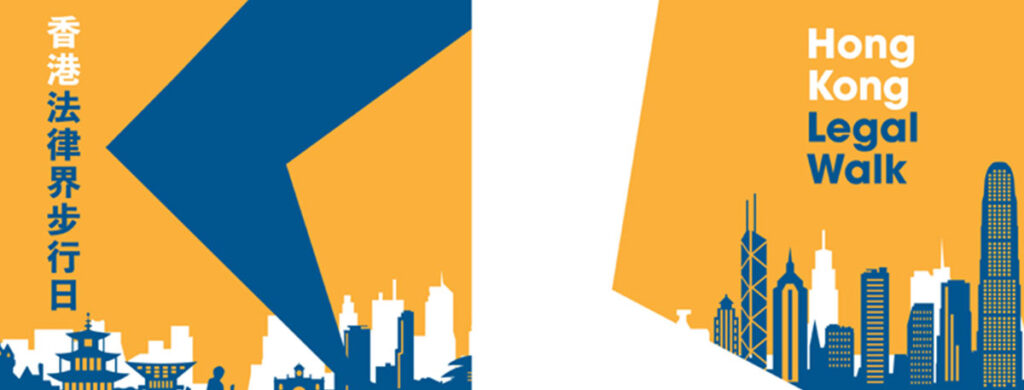Gall Dispute Resolution Partner & Co-Head of Employment Felda Yeung has been declared as a winner in the LexisNexis® 40 UNDER 40 Asia list and LexisNexis® UNDER 40 2024 Greater China list. LexisNexis® 40 UNDER 40 is an exclusive industry recognition that celebrates 40 outstanding professionals aged 40 or younger who exhibit tremendous potential for growth and a strong motivation to drive the development
Long-awaited Mainland Judgments in Civil and Commercial Matters (Reciprocal Enforcement) Ordinance set to take effect on 29 January 2024
Introduction The long-awaited Mainland Judgments in Civil and Commercial Matters (Reciprocal Enforcement) Ordinance (Cap. 645) (the “Ordinance”) is set to come into force on 29 January 2024. The Mainland Judgments in Civil and Commercial Matters (Reciprocal Enforcement) Rules (Cap. 645A) (the “Rules”) have also been implemented to complement the Ordinance. The Ordinance will implement the
Gall Writes Q&A on Regulation of Pension Schemes in Hong Kong for Thomson Reuters
Felda Yeung, Ashima Sood and Tanya Parmanand have prepared a Q&A for Thomson Reuters giving a high-level overview of the regulation of pension schemes in Hong Kong. Download PDF
Gall Advises on the Restructuring of the Century Sunshine Group
The Insolvency Team at Gall continues to advise Century Sunshine Holdings Group Limited (Stock Code: 509) (the “Company”) on its debt restructuring and has successfully secured sanction of a Hong Kong scheme of arrangement (the “Hong Kong Scheme”) (as part of parallel schemes of arrangement in Hong Kong and Singapore). In August 2023, the Honourable Mr Justice Harris sanctioned the Hong Kong Scheme between the Company and 5 of its subsidiaries in the British Virgin Islands and Hong Kong on one hand and their Scheme Creditors on the other: Re Century Sunshine Group Holdings Ltd and Others [2023] HKCFI 2041.
One Bad Apple can Spoil the Whole Bunch
Phase 1 of the Mandatory Reference Checking Scheme (“MRC Scheme”) launched at the beginning of the month to stop “rolling bad apples”. Background On 5 May 2022, the Hong Kong Monetary Authority (“HKMA”), announced its endorsement of the Guidelines of the MRC Scheme issued by the Hong Kong Association of Banks and the DTC Association.
Lawfulness of “letters of no consent” Regime in Hong
On 14 April 2023, the Court of Appeal (“CA”) in Tam Sze Leung v Commissioner of Police [2023] HKCA 537 overturned a Court of First Instance (“CFI”) decision which declared that the No Consent Regime as operated is (a) ultra vires sections 25 and 25A of OSCO, (b) not prescribed by law and (c) disproportionately interferes
Gall Welcomes New Litigation Associate
3rd April, 2023 – Gall, a leading independent Hong Kong law firm focusing primarily on dispute resolution, announced today that Rachel Au has joined the firm’s Commercial Litigation practice as an Associate. Rachel graduated with a BBA (Law) (Major in Wealth Management) & LLB double degrees from the University of Hong Kong, where she also completed her
Third Party Discovery in the Context of Wire Fraud
There has been a dramatic increase in wire fraud globally, and Hong Kong is no exception. As a major world financial centre, Hong Kong is – perhaps more than any other – a jurisdiction through which both legitimate and illegitimate funds flow on a daily basis. In our experience, where funds are fraudulently diverted to
Consequences for Failing to Pay Terminal Payments Within the Statutory Time
When an employee’s employment is terminated, certain payments become due and failure to make such terminal payments can have serious consequences. It is therefore essential that employers are aware of their statutory obligations upon termination. What are employees entitled to upon termination? When calculating terminal payments, employers must consider the individual circumstances of each
Gall Sponsors Hong Kong Legal Walk’s Closing Ceremony and Lunch

Gall sponsored the Hong Kong Legal Walk’s Closing Ceremony and Lunch on November 19th, 2022. The inaugural Hong Kong Legal Walk connected the legal profession with the common cause of charity and service to our local community. In addition to sponsoring the closing event, a team of Gall lawyers hiked 12.5km to from Aldrich Bay